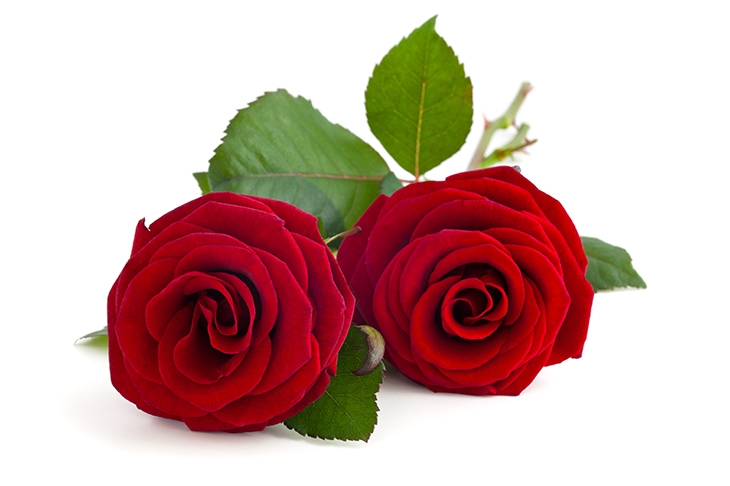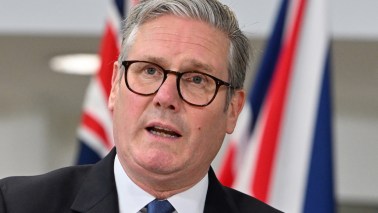Any florist will recognise the look of furtive shame, the shifty hangdog look which announces that an Englishman is about to buy flowers. Some of them try to make it easier for you. I used to go to a splendid florist in Ealing who talked to me about rugby for no less than five minutes each visit. But most florists are more interested in flowers than people, and let it show.
For some reason, you’re never allowed to write the card yourself. You have to dictate it, endearments and private jokes and all, while a couple of women who remind you of your mother lurk in the background. My colleague Rory Sutherland believes that this is the point, that buying flowers is something men don’t like doing, so it is a mild human sacrifice which signals intent, a commitment device.
This would also explain why flowers are expensive — signalling is ineffective unless it is costly — especially around St Valentine’s Day. But much as I dislike florists, I am not going to criticise them for profiteering this week. It is true that roses are cheaper on 15 February than the day before — asking your wife to wait 24 hours for her bouquet sends a very powerful signal indeed — but that is largely accounted for by florists trying to offload excess stock rather than price gouging the day before.
The supply of roses for Valentine’s Day is truly global, not least because they are out of season in England
In fact, it is not unusual for flower shops to lose money on Valentine’s Day. This may sound as improbable as bookies losing money on Grand National weekend, but as the editor of The Florist magazine, Caroline Marshall-Foster, explains: ‘The price of roses depends on global supply and demand. But in reality, a lot of people who are selling red roses are absorbing the uplift themselves.







Comments
Join the debate for just $5 for 3 months
Be part of the conversation with other Spectator readers by getting your first three months for $5.
UNLOCK ACCESS Just $5 for 3 monthsAlready a subscriber? Log in